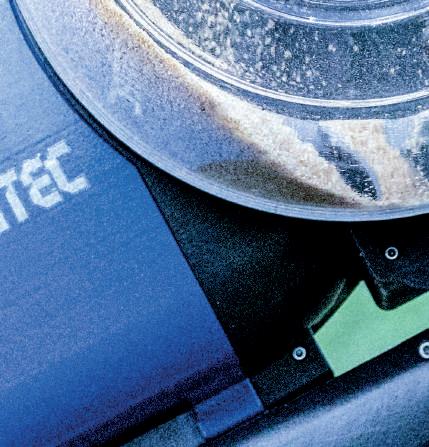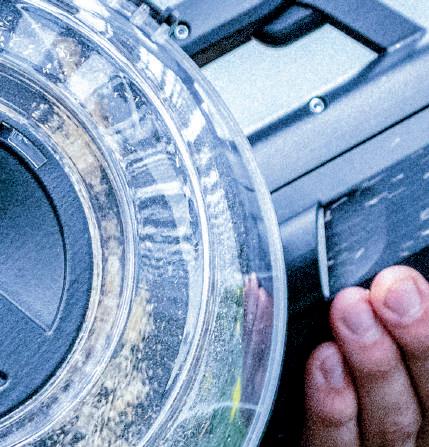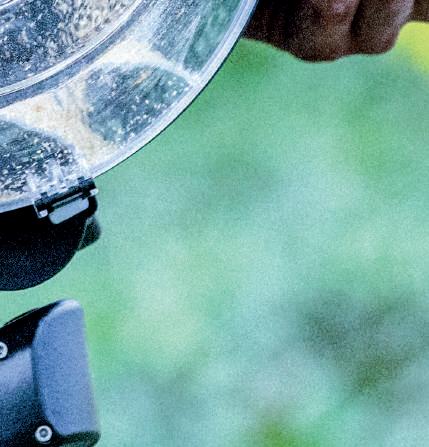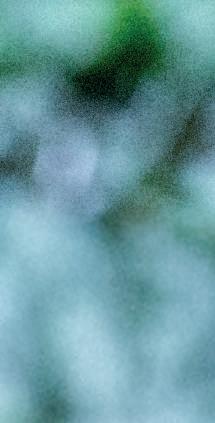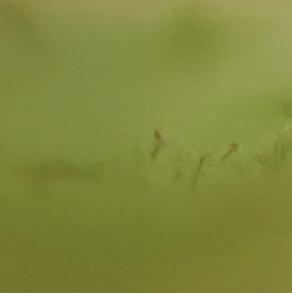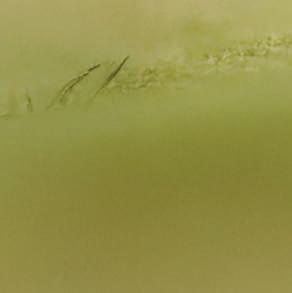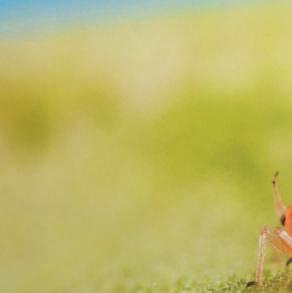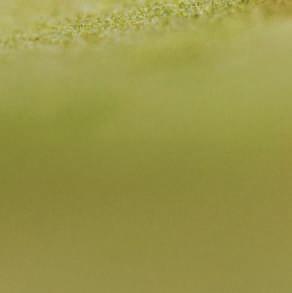






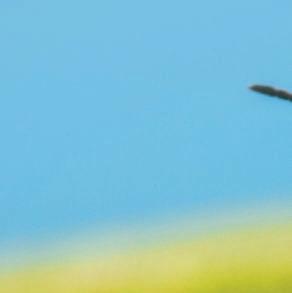
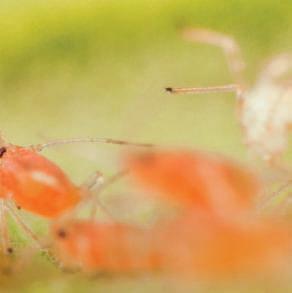




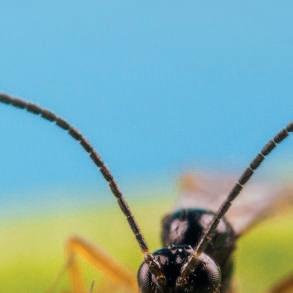
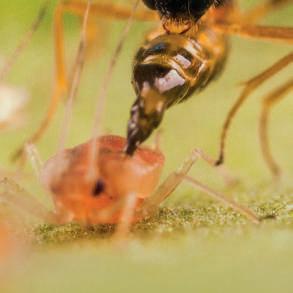




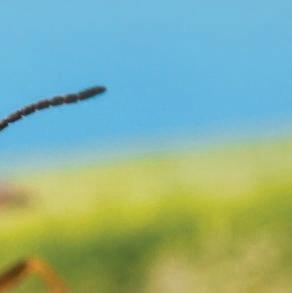









For over 55 years, Koppert has been the world’s leading producer and supplier of biological agricultural inputs. We specialize in effective, natural approaches that support healthier, more resilient crops.
Our extensive experience and continuous innovation ensure we provide reliable solutions for farmers, backed by a vast global network of expertise. We are dedicated to the success of growers, committed to ensuring a robust and productive future for agriculture.


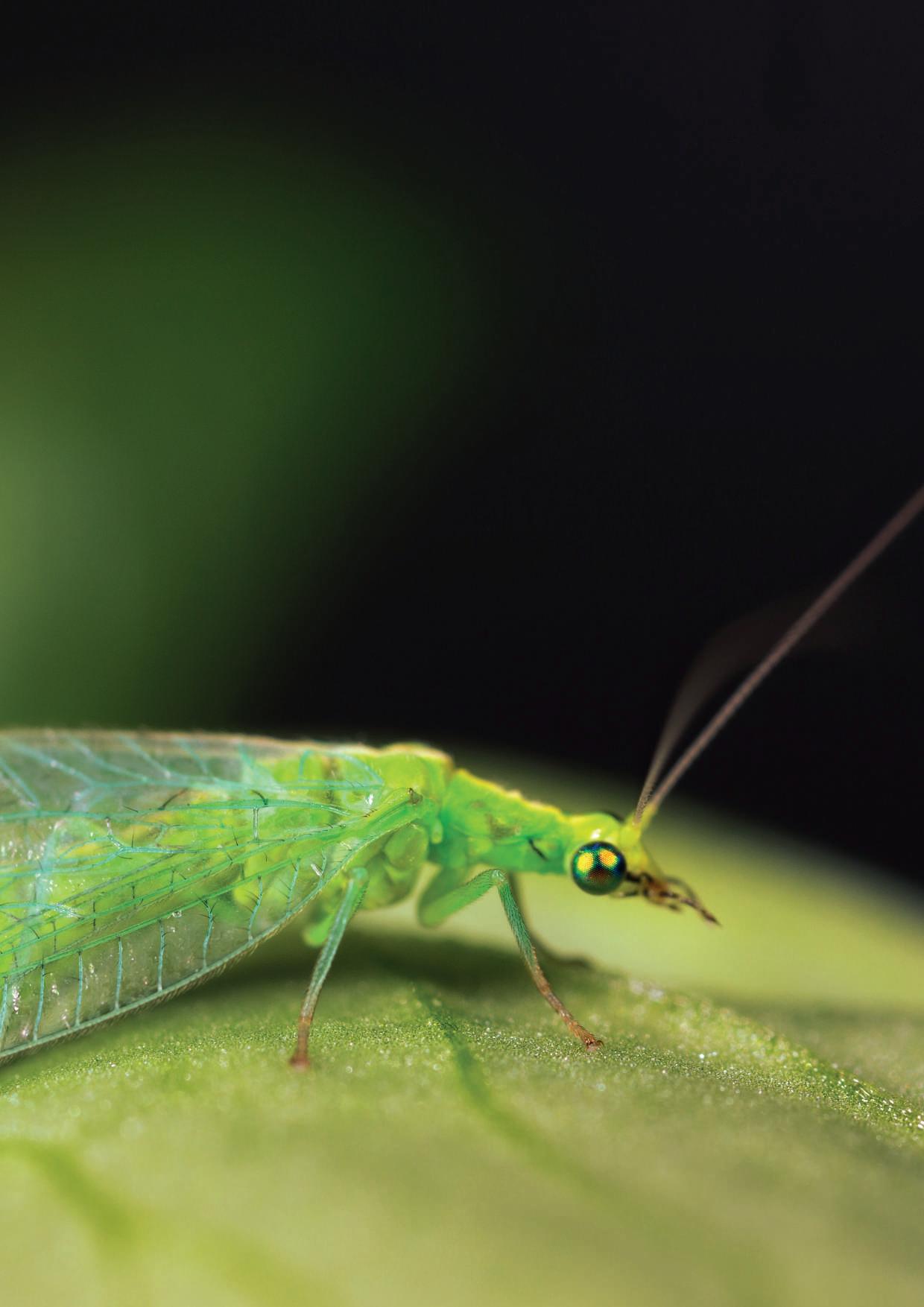
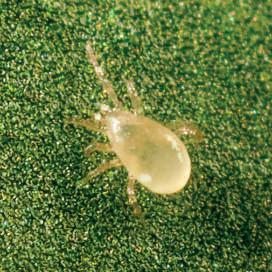
specifications
Scientific name: Amblyseius andersoni
Beneficial organism: Beneficial mite
Type: Natural enemy
USPs:
• For the control of thrips
• Can survive on pollen or other prey

Product specifications
Scientific name: Amblyseius andersoni
Beneficial organism: Beneficial mite
Type: Natural enemy
USPs:
• For the control of thrips
• Can survive on pollen or other prey
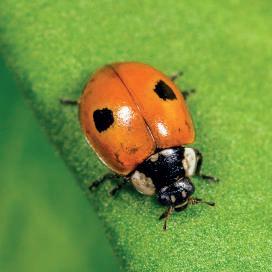
specifications
Scientific name: Adalia bipunctata
Beneficial organism: Predatory beetle
Type: Natural enemy
USPs:
• For the control of all aphid species
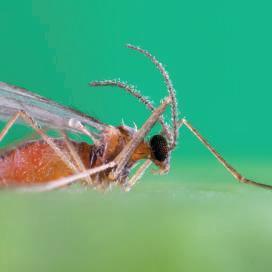
Product specifications
Scientific name: Aphidoletes aphidimyza
Beneficial organism: Predatory gall midge
Type: Natural enemy
USPs:
• For the control of all aphid species
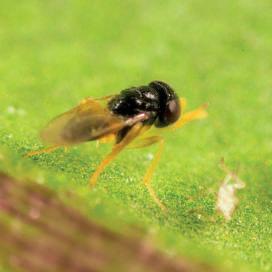
specifications
Scientific name: Aphelinus abdominalis
Beneficial organism: Parasitic wasp
Type: Natural enemy
USPs:
• For the control of a wide range of aphids
• Especially for hotspot treatments
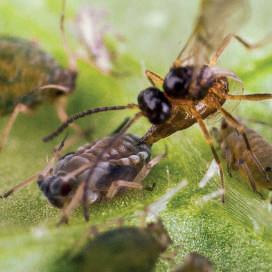
Product specifications
Scientific name: Aphidius colemani
Beneficial organism: Parasitic wasp
Type: Natural enemy
USPs:
• For the control of aphids, especially Myzus spp. and cotton aphid
• Can be used preventively or at first signs of pest presence

specifications
Scientific name: Aphidius matricariae
Beneficial organism: Parasitic wasp
Type: Natural enemy
USPs:
• For the control of aphids, especially Myzus spp.
• Can be used preventively or at first signs of pest presence
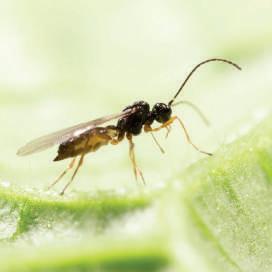
specifications
Scientific name: Aphidius colemani, Aphidius ervi, Aphelinus abdominalis, Praon volucre and Ephedrus cerasicola
Beneficial organisms: Parasitic wasps
Type: Natural enemy
USPs:
• For the control of a wide range of aphids
• For preventive use

Product specifications
Scientific name: Aphytis melinus
Beneficial organism: Parasitic wasp
Type: Natural enemy
USPs:
• For the control of armoured scales, especially California red scale and oleander scale
• Can be used preventively or at first signs of pest presence
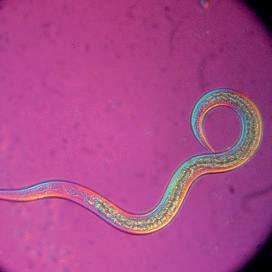
Scientific name: Steinernema feltiae
Beneficial organism: Entomopathogenic nematode
Type: Natural enemy
USPs:
• For the control of various insect pests in orchards and outdoor vegetables
• Also effective at low temperatures
• Can be applied with regular spray equipment
• Highly soluble biodegradable formulation with long shelf life
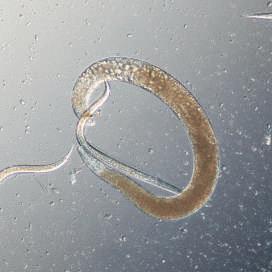
Scientific name: Steinernema carpocapsae
Beneficial organism: Entomopathogenic nematode
Type: Natural enemy
USPs:
• For the control of various insect pests in protected and outdoor crops
• Effective in a wide temperature range
• Can be applied with regular spray equipment
• Highly soluble biodegradable formulation with long shelf life
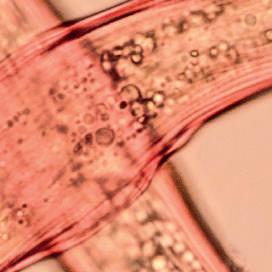
Scientific name: Heterorhabditis bacteriophora
Beneficial organism: Entomopathogenic nematode
Type: Natural enemy
USPs:
• For the control of weevils and other beetles in a wide range of crops
• Can be applied with regular spray equipment
• Highly soluble biodegradable formulation
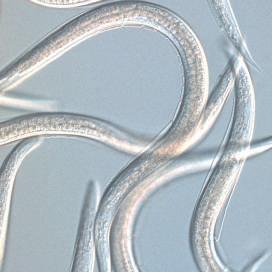
Scientific name: Steinernema carpocapsae
Beneficial organism: Entomopathogenic nematode
Type: Natural enemy
USPs:
• For the control of various insect pests in stone fruits, outdoor vegetables and urban trees
• Can be applied with regular spray equipment
• Highly soluble biodegradable formulation with long shelf life
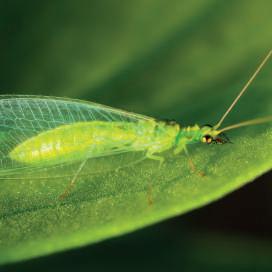
Scientific name: Chrysoperla carnea
Beneficial organism: Predatory lacewing
Type: Natural enemy
USPs:
• For the control of aphids
• Also feeds on mealybugs, thrips and other insects
• Also effective at low temperatures
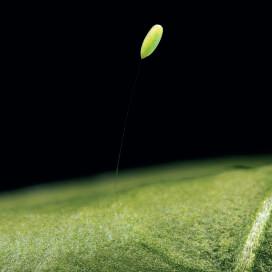
Scientific name: Chrysoperla carnea
Beneficial organism: Predatory lacewing
Type: Natural enemy
USPs:
• The preferred prey is aphids, but Chrysoperla also feeds on mealybugs, thrips and pest insects
• Effective at low temperatures
• Can be used preventively
• Suited for blanket application
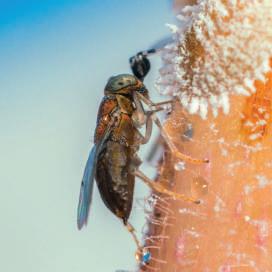
specifications
Scientific name: Anagyrus vladimiri
Beneficial organism: Parasitic wasp
Type: Natural enemy
USPs:
• For the control of citrus mealybug and vine mealybug
• Can be used preventively or at first signs of pest presence
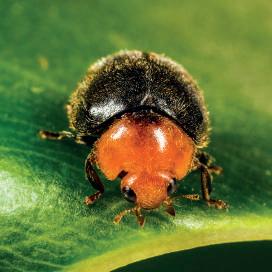
specifications
Scientific name: Cryptolaemus montrouzieri
Beneficial organism: Predatory beetle
Type: Natural enemy
USPs:
• For control of most mealybug spp.
• For blanket release
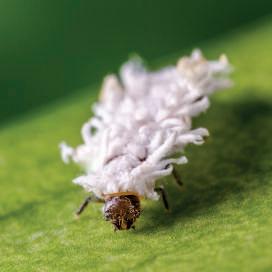
Scientific name: Cryptolaemus montrouzieri
Beneficial organism: Predatory beetle
Type: Natural enemy
USPs:
• For the control of all mealybugs
• Especially for hotspot treatment
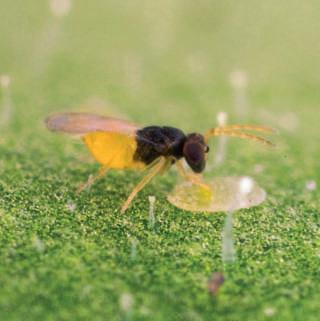
Product specifications
Scientific name: Encarsia formosa
Beneficial organism: Parasitic wasp
Type: Natural enemy
USPs:
• For the control of whitefly, particularly greenhouse whitefly
• Effective at lower temperature range than Eretmocerus eremicus
• Can be used preventively or at first signs of pest presence
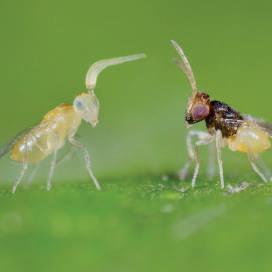
Product specifications
Scientific name: Eretmocerus eremicus and Encarsia formosa
Beneficial organisms: Parasitic wasps
Type: Natural enemy
USPs:
• For the control of greenhouse whitefly and tobacco whitefly
• Can be used at fluctuating temperatures
• Can be used preventively or at first signs of pest presence
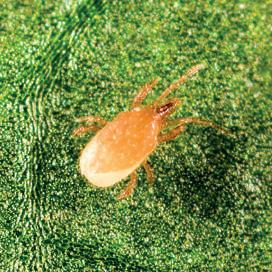
Product specifications
Scientific name: Stratiolaelaps scimitus
Beneficial organism: Beneficial mite
Type: Natural enemy
USPs:
• Soil-dwelling generalist predatory mite
• Especially for the control of sciarid fly larvae and thrips pupae
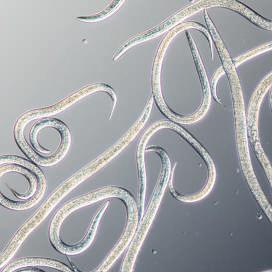
specifications
Scientific name: Steinernema feltiae
Beneficial organism: Entomopathogenic nematode
Type: Natural enemy
USPs:
• For the control of various insect pests in protected crops and urban green
• Also effective at low temperatures
• Can be applied with regular spray equipment
• Highly soluble biodegradable formulation with long shelf life
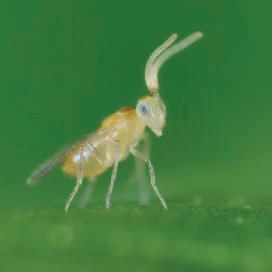
specifications
Scientific name: Eretmocerus eremicus
Beneficial organism: Parasitic wasp
Type: Natural enemy
USPs:
• For the control of greenhouse whitefly and tobacco whitefly
• Effective at higher temperature range than Encarsia formosa
• Can be used preventively or at first signs of pest presence
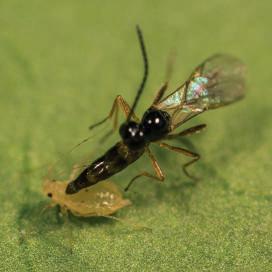
Scientific name: Aphidius ervi
Beneficial organism: Parasitic wasp
Type: Natural enemy
USPs:
• For the control of large aphids like Macrosiphum spp. and glasshouse potato aphid
• Can be used preventively or at first signs of pest presence
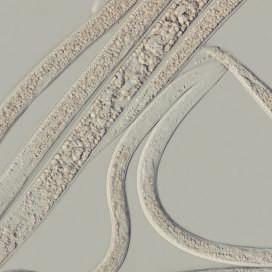
Scientific name: Heterorhabditis bacteriophora
Beneficial organism: Entomopathogenic nematode
Type: Natural enemy
USPs:
• For the control of weevils and other beetles in a wide range of crops
• Can be applied with regular spray equipment
• Highly soluble biodegradable formulation
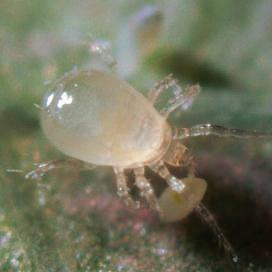
specifications
Scientific name: Amblydromalus limonicus
Beneficial organism: Beneficial mite
Type: Natural enemy
USPs:
• Generalist predatory mite for the control of thrips and whiteflies
• Can be used at relatively low temperatures
• Especially recommended to suppress high densities
• Can survive on pollen or other prey

specifications
Scientific name: Macrocheles robustulus
Beneficial organism: Beneficial mite
Type: Natural enemy
USPs:
• Soil-dwelling generalist predatory mite
• Especially for the control of sciarid fly larvae and thrips pupae
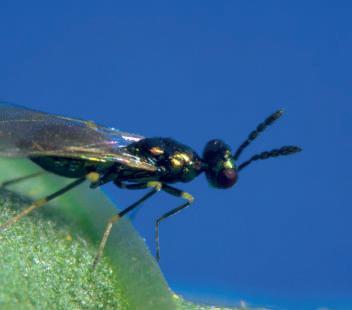
Product specifications
Scientific name: Diglyphus isaea
Beneficial organism: Parasitic wasp
Type: Natural enemy
USPs:
• For the control of leaf miners
• Effective at high leaf miner densities
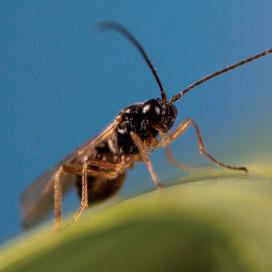
Product specifications
Scientific name: Dacnusa sibirica
Beneficial organism: Parasitic wasp
Type: Natural enemy
USPs:
• For the control of leaf miners
• Effective at low leaf miner densities
• Also effective at low temperatures
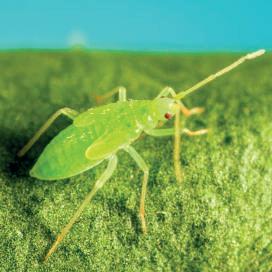
specifications
Scientific name: Macrolophus pygmaeus
Beneficial organism: Predatory bug
Type: Natural enemy
USPs:
• Generalist predator with a preference for whitefly
• Also has an effect on Tuta absoluta
• Especially for use in tomatoes
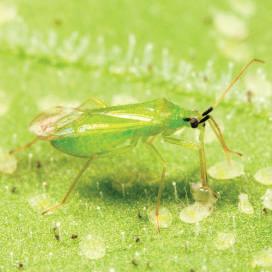
Scientific name: Macrolophus pygmaeus
Beneficial organism: Predatory bug
Type: Natural enemy
USPs:
• For the control of spider mite hotspots on tomato
• Also has an effect on whitefly and Tuta absoluta

Scientific name: Transeius montdorensis
Beneficial organism: Beneficial mite
Type: Natural enemy
USPs:
• Generalist predatory mite for the control of thrips and whiteflies
• Can survive on pollen or other prey
• For very low or high relative humidity
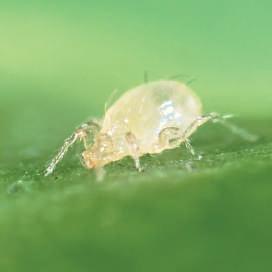
Scientific name: Transeius montdorensis
Beneficial organism: Beneficial mite
Type: Natural enemy
USPs:
• Generalist predatory mite for the control of thrips and whiteflies
• Can survive on pollen or other prey
• Especially for use in Chrysanthemum
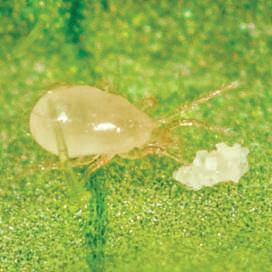
Scientific name: Transeius montdorensis
Beneficial organism: Beneficial mite
Type: Natural enemy
USPs:
• Generalist predatory mite for the control of thrips and whiteflies
• Can survive on pollen or other prey
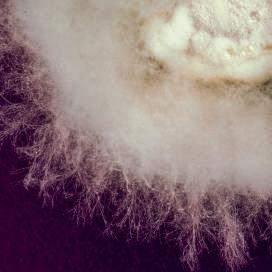
Scientific name: Akanthomyces formerly Lecanicillium muscarium
Beneficial organism: Entomopathogenic fungi
Type: Bioinsecticide
USPs:
• Development of pest resistance is very unlikely
• Leaves no hazardous residue
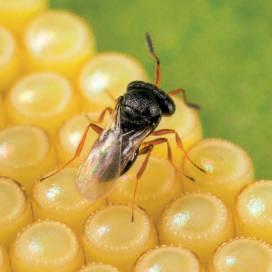
Scientific name: Trissolcus basalis
Beneficial organism: Parasitic wasp
Type: Natural enemy
USPs:
• For the control of the Southern green stink bug
• For preventive and light curative control
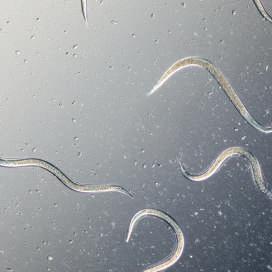
Scientific name: Steinernema carpocapsae
Beneficial organism: Entomopathogenic nematode
Type: Natural enemy
USPs:
• For the control of various insect pests in palms
• Effective in a wide temperature range
• Can be applied with regular spray equipment
• Highly soluble biodegradable formulation with long shelf life
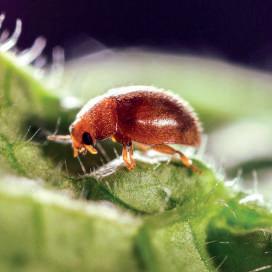
Scientific name: Rhyzobius lophanthae
Beneficial organism: Predatory beetle
Type: Natural enemy
USPs:
• For the control of armoured scale insects
• Feeds on all stages of armoured scale insects
• Can be used at the first signs of pest presence
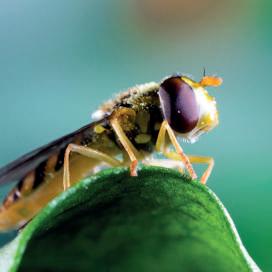
Scientific name: Sphaerophoria rueppellii
Beneficial organism: Hoverfly
Type: Natural enemy
USPs:
• For the control of all aphid species
• Disperse well and find aphid hotspots
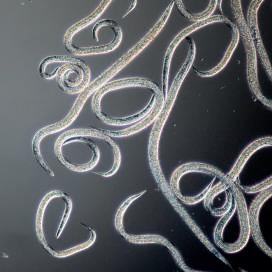
Product specifications
Scientific name: Steinernema feltiae
Beneficial organism: Entomopathogenic nematode
Type: Natural enemy
USPs:
• For the control of fly larvae in mushroom cultivation
• Can be applied with regular spray equipment
• Highly soluble biodegradable formulation with long shelf life

Product specifications
Scientific name: Neoseiulus californicus
Beneficial organism: Beneficial mite
Type: Natural enemy
USPs:
• For the control of spider mite
• More tolerant to high temperatures and low humidity than Phytoseiulus persimilis
















Product specifications
Scientific name: Neoseiulus californicus
Beneficial organism: Beneficial mite
Type: Natural enemy
USPs:
• For the control of spider mite
• More tolerant to high temperatures and low humidity than Phytoseiulus persimilis
• For very low or high relative humidity

Product specifications
Scientific name: Neoseiulus californicus
Beneficial organism: Beneficial mite
Type: Natural enemy
USPs:
• For the control of spider mite
• More tolerant to high temperatures and low humidity than Phytoseiulus persimilis
• For moderate climate conditions in protected crops
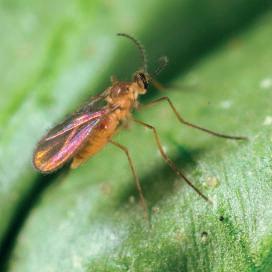
Product specifications
Scientific name: Feltiella acarisuga
Beneficial organism: Predatory gall midge
Type: Natural enemy
UPSs:
• For the control of spider mites
• Especially for hotspot treatment
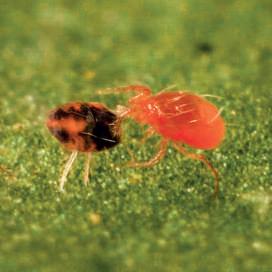
specifications
Scientific name: Phytoseiulus persimilis
Beneficial organism: Beneficial mite
Type: Natural enemy
USPs:
• For the control of spider mite only
• Not effective under (extremely) dry and warm conditions
• Especially recommended to suppress high densities
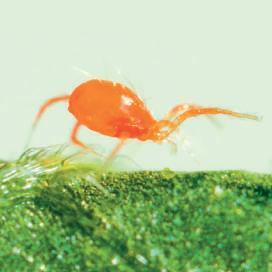
Product specifications
Scientific name: Phytoseiulus persimilis
Beneficial organism: Beneficial mite
Type: Natural enemy
USPs:
• For the control of hotspots of spider mite
• Introduced mites turn from white to red after feeding on spider mites
• Not effective under (extremely) dry and warm conditions
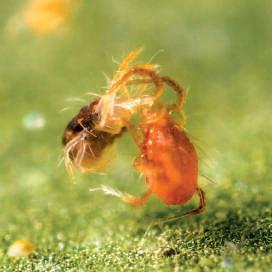
Product specifications
Scientific name: Phytoseiulus persimilis
Beneficial organism: Beneficial mite
Type: Natural enemy
USPs:
• For the control of spider mite only
• Introduced mites turn from white to red after feeding on spider mites
• Not effective under (extremely) dry and warm conditions
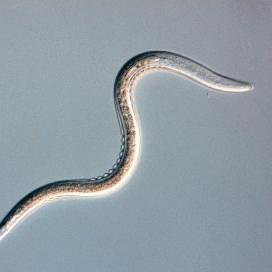
specifications
Scientific name: Heterorhabditis bacteriophora
Beneficial organism: Entomopathogenic nematode
Type: Natural enemy
USPs:
• For the control of chafer grubs in lawns
• Can be applied with regular spray equipment
• Highly soluble biodegradable formulation

Scientific name: Steinernema carpocapsae
Beneficial organism: Entomopathogenic nematode
Type: Natural enemy
USPs:
• For the control of crane fly larvae, mole crickets and caterpillars in lawns
• Effective in a wide temperature range
• Can be applied with regular spray equipment
• Highly soluble biodegradable formulation with long shelf life

Scientific name: Amblyseius swirskii
Beneficial organism: Beneficial mite
Type: Natural enemy
USPs:
• For the control of thrips and whitefly
• Can survive on pollen or other prey
• For very low or high relative humidity

Scientific name: Amblyseius swirskii
Beneficial organism: Beneficial mite
Type: Natural enemy
USPs:
• For the control of thrips and whitefly
• Can survive on pollen or other prey
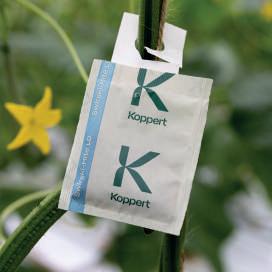
specifications
Scientific name: Amblyseius swirskii
Beneficial organism: Beneficial mite
Type: Natural enemy
USPs:
• For the control of thrips and whitefly
• Can survive on pollen or other prey
• Sachets release mites for a longer period
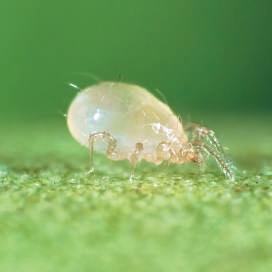
specifications
Scientific name: Amblyseius swirskii
Beneficial organism: Beneficial mite
Type: Natural enemy
USPs:
• For the control of thrips and whitefly
• Can survive on pollen or other prey
• For moderate climate conditions in protected crops
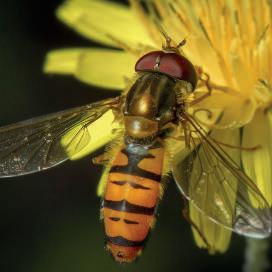
specifications
Scientific name: Episyrphus balteatus
Beneficial organism: Hoverfly
Type: Natural enemy
USPs:
• For the control of all aphid species
• Disperses well and finds aphid hotspots
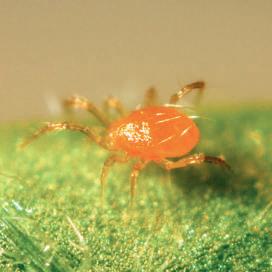
Scientific name: Phytoseiulus persimilis
Beneficial organism: Beneficial mite
Type: Natural enemy
USPs:
• For the control of spider mite
• Can control all stages of spider mites: from eggs to adults
• Easy to apply by drone or tractor pulled spreader
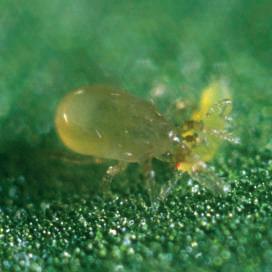
Scientific name: Neoseiulus cucumeris
Beneficial organism: Beneficial mite
Type: Natural enemy
USPs:
• For the control of thrips
• Can survive on pollen or other prey

Scientific name: Neoseiulus cucumeris
Beneficial organism: Beneficial mite
Type: Natural enemy
USPs:
• For the control of thrips
• Can survive on pollen or other prey

Product specifications
Scientific name: Neoseiulus cucumeris
Beneficial organism: Beneficial mite
Type: Natural enemy
USPs:
• For the control of thrips
• Can survive on pollen or other prey
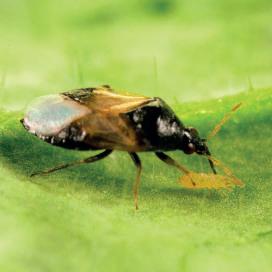
Product specifications
Scientific name: Orius insidiosus
Beneficial organism: Predatory bug
Type: Natural enemy
USPs:
• For the control of thrips
• Feeds on larvae and adults
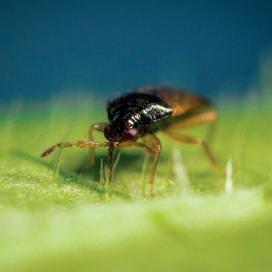
Product specifications
Scientific name: Orius laevigatus
Beneficial organism: Predatory bug
Type: Natural enemy
USPs:
• For the control of thrips
• Feeds on larvae and adults
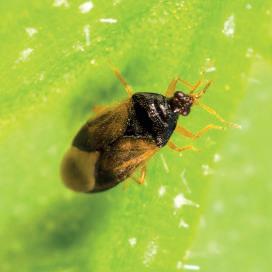
Product specifications
Scientific name: Orius majusculus
Beneficial organism: Predatory bug
Type: Natural enemy
USPs:
• For the control of thrips
• Feeds on larvae and adults
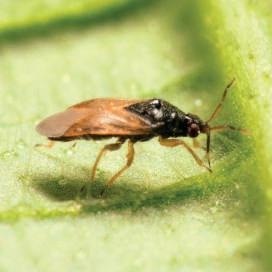
Product specifications
Scientific name: Orius strigicollis
Beneficial organism: Predatory bug
Type: Natural enemy
USPs:
• For the control of thrips
• Feeds on larvae and adults

























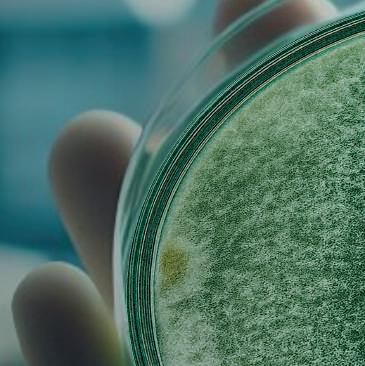










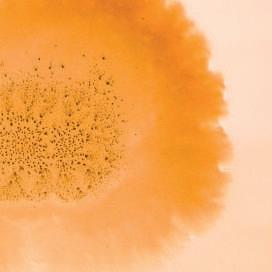
specifications
Scientific name: Pseudomonas chlororaphis MA342
Beneficial organism: Beneficial bacteria
Type: Biofungicide
USPs:
• Biological seed dressing to control seed-borne fungal diseases in cereals (barley, spelt, oats)
• Also suitable for organic cultivation
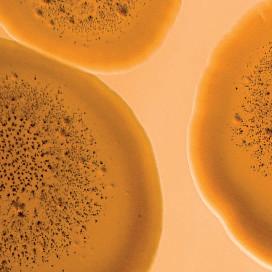
specifications
Scientific name: Pseudomonas chlororaphis MA342
Beneficial organism: Beneficial bacteria
Type: Biofungicide
USPs:
• Biological seed dressing to control seed-borne fungal diseases in vegetable crops (carrots, peas, spinach, arugula, dill, parsley, red cabbage, white cabbage, turnip)
• Also suitable for organic cultivation
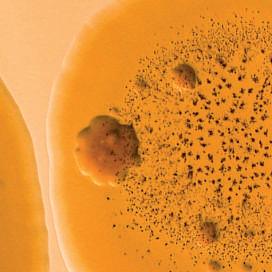
Product specifications
Scientific name: Pseudomonas chlororaphis MA342
Beneficial organism: Beneficial bacteria
Type: Biofungicide
USPs:
• Biological seed treatment to control seed-borne fungal diseases in cereals (winter wheat, summer wheat, spelt, rye, triticale)
• Also suitable for organic cultivation
















Scientific name: Trichoderma harzianum T-22
Beneficial organism: Beneficial fungi
Type: Biofungicide
USPs:
• Prevents and controls soil borne diseases
• Promotes plant growth and uniformity
• Granule formulation can be easily mixed with or spread over the growing substrate or applied at sowing or planting








Scientific name: Trichoderma harzianum T-22
Beneficial organism: Beneficial fungi
Type: Biofungicide
USPs:
• Controls multiple soil-borne pathogens simultaneously
• One of the most concentrated Trichoderma-based biofungicides
• Stimulates plant uniformity and growth and can be used in a wide range of conditions
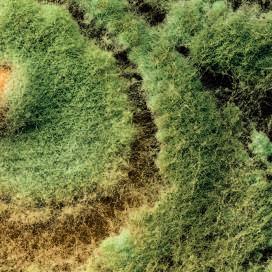
Scientific name: Trichoderma harzianum T-22
Beneficial organism: Beneficial fungi
Type: Biofungicide
USPs:
• Prevents and controls soil borne diseases
• Promotes plant growth and uniformity
• Water dispersible granule formulation can be easily mixed with or spread over the growing substrate or applied at sowing or planting
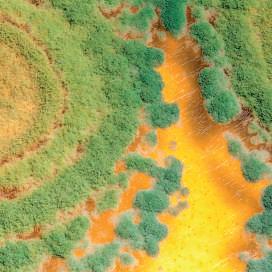
Scientific name: Trichoderma
harzianum T-22
Beneficial organism: Beneficial fungi Type: Biofungicide
USPs:
• Controls multiple soil-borne pathogens simultaneously
• One of the most concentrated Trichoderma-based biofungicides
• Stimulates plant uniformity and growth and can be used in a wide range of conditions
• Can be used in a wide range of conditions
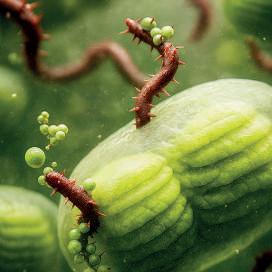
Beneficial organism: Beneficial virus Type: Biovirucide
Active ingredient: Pepino mosaic virus (PepMV)
USPs:
• For protection of tomato plants against damaging symptoms of Pepino mosaic virus
• Wide coverage of strains due to the combination of two asymptomatic strains in the product
• Complete protection against loss of yield and quality

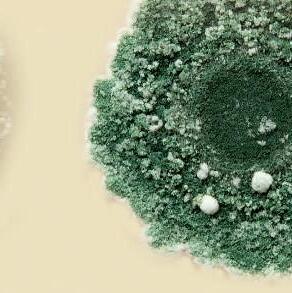

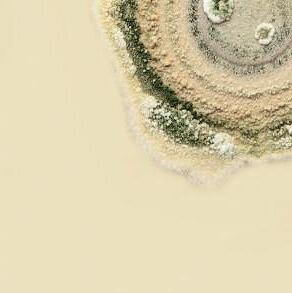



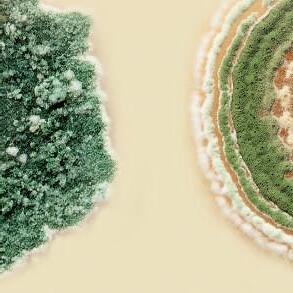


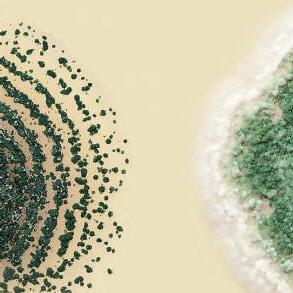

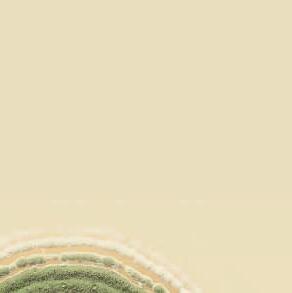
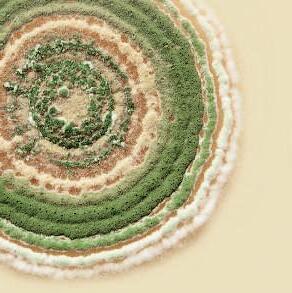
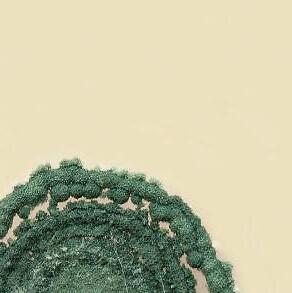

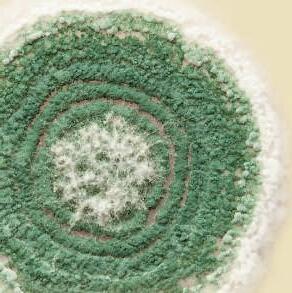




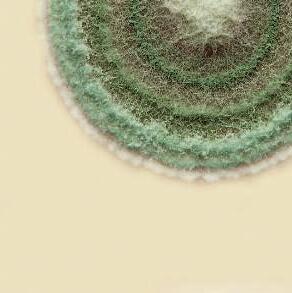
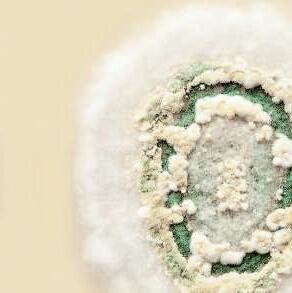


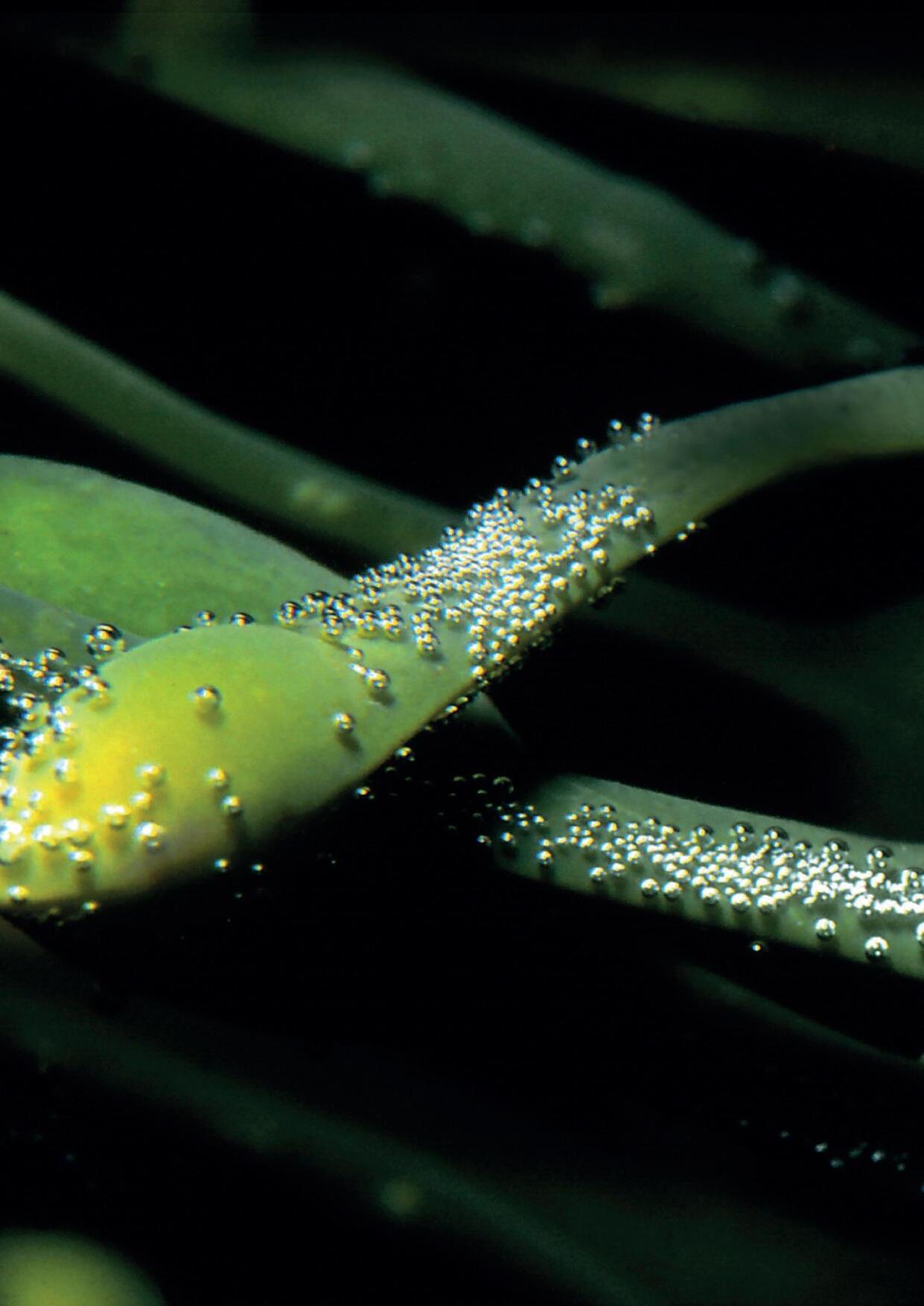

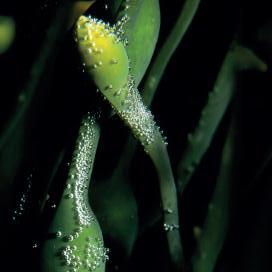
Product specifications
Scientific name: Ascophyllum nodosum
Active ingredient: Seaweed extract
Type: Biostimulant
USPs:
• Increases plant vigour
• Improves nutrient uptake
• Promotes better root and shoot structure of plants
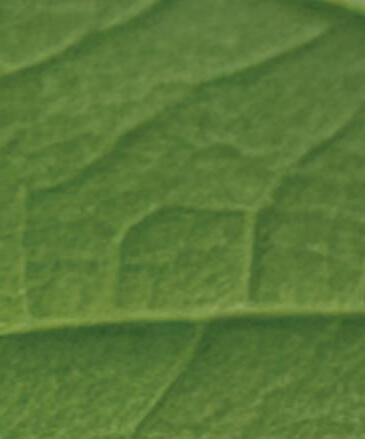
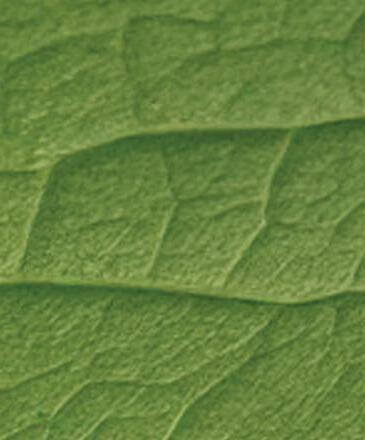
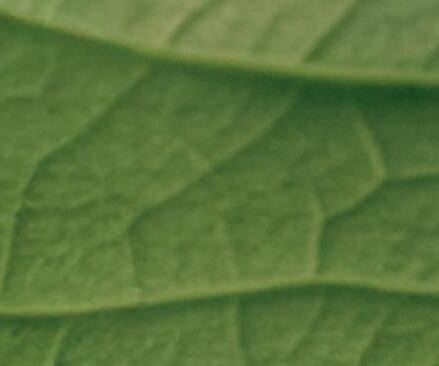

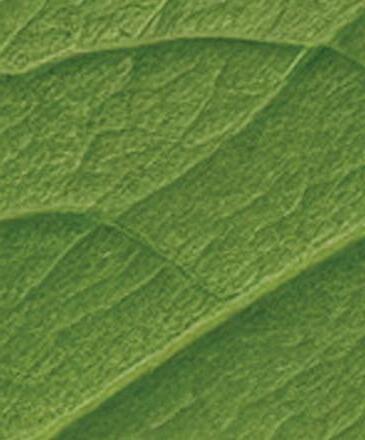
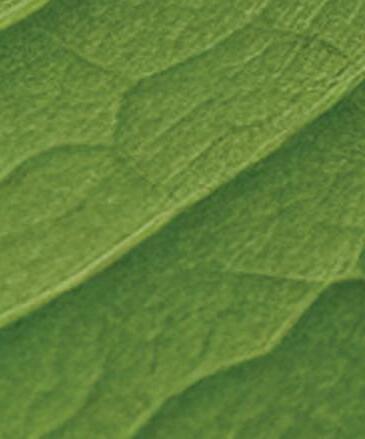


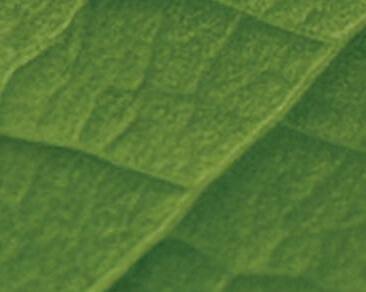

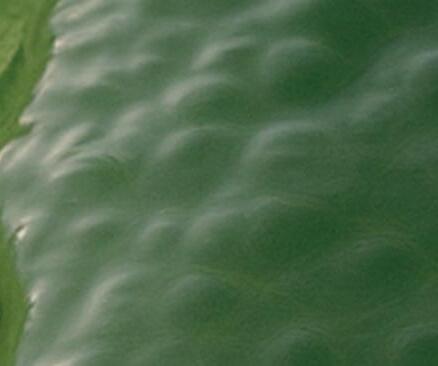
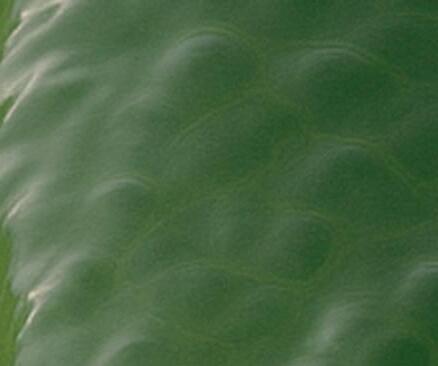
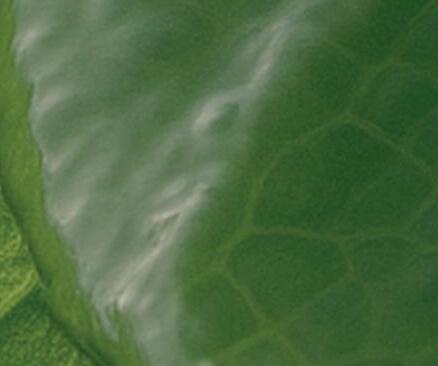
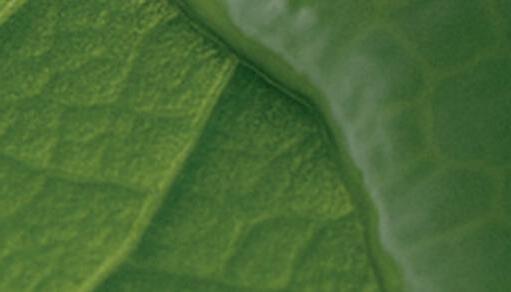
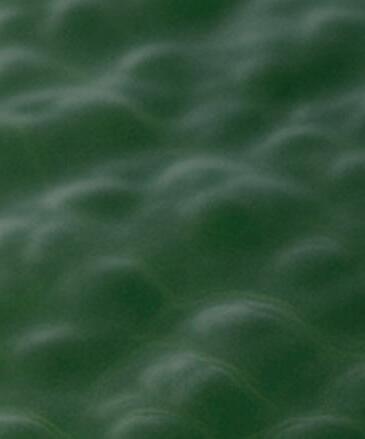



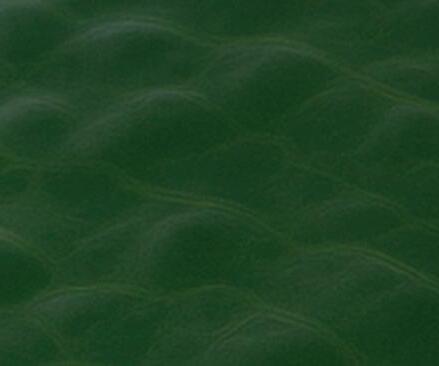
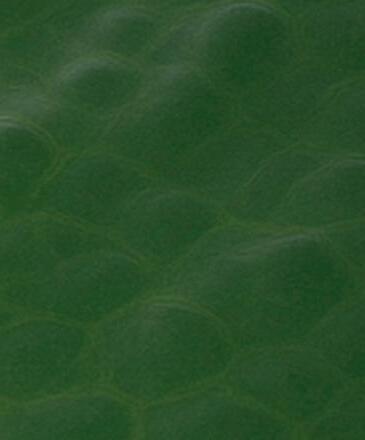


Type: Adjuvant
USPs:
• Provides greater uniformity in droplet size, spray control, and target reach
• Product with excellent spreading and adhesive properties







Illustrative adjuvant image

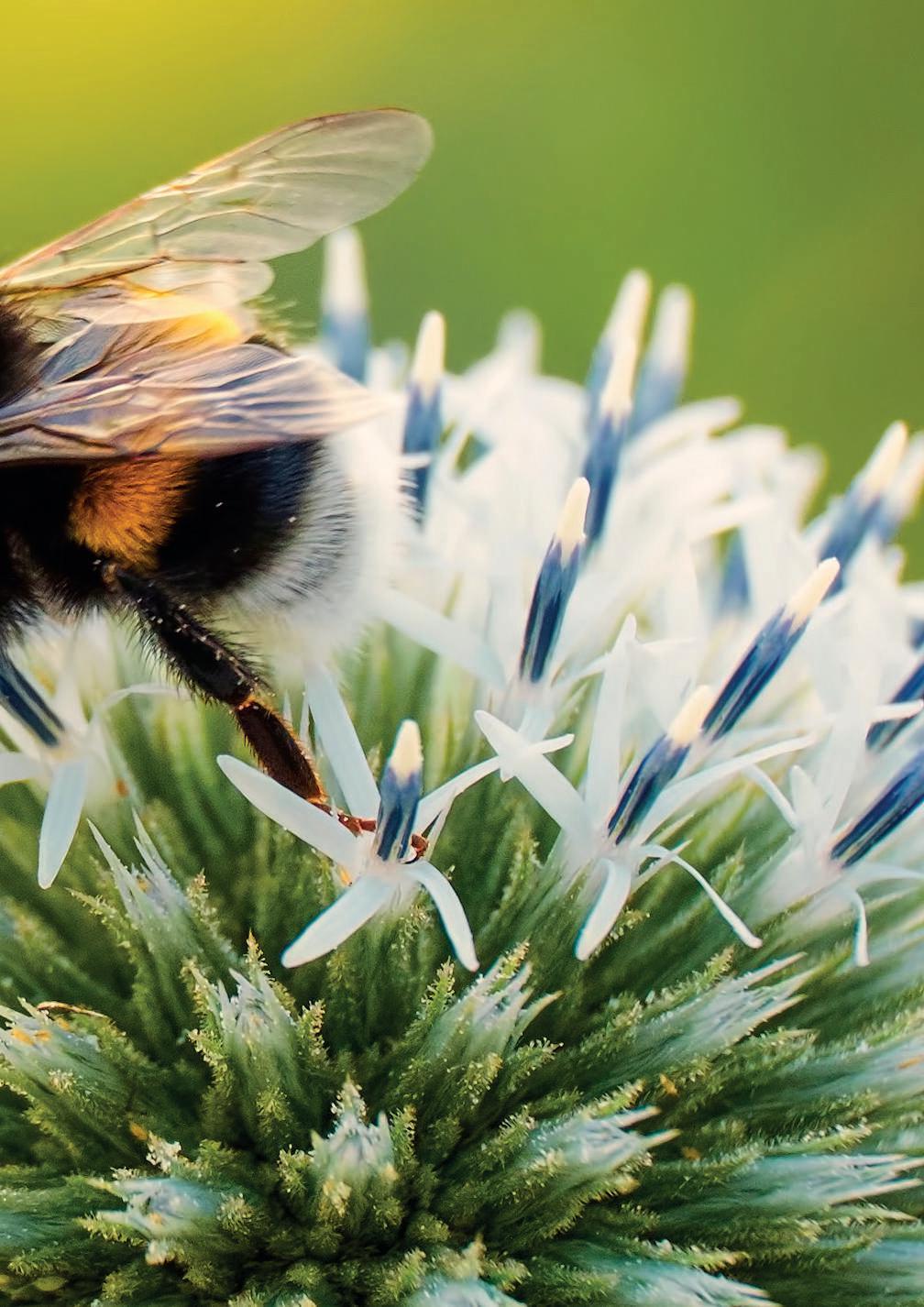
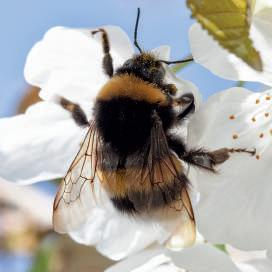
Scientific name: Bombus terrestris
Beneficial organism: Bumblebee
Type: Natural pollinator
USPs:
• Standard bumblebee hive for use in protected crops
• With Beevision print
• With Beehome door
• With insulation of brood

Scientific name: Bombus terrestris
Beneficial organism: Bumblebee
Type: Natural pollinator
USPs:
• For outdoor short blossoming crops
• Patented eco-friendly design
• Weather proof and extra ventilation
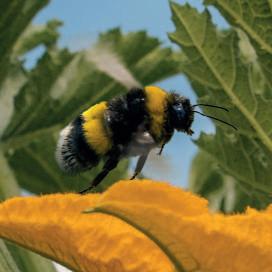
Scientific name: Bombus terrestris
Beneficial organism: Bumblebee
Type: Natural pollinator
USPs:
• For protected crops producing a high amount of flowers and for crops grown under artificial light
• Enhanced activity due to extra sugar water and ventilation
• With UV Beevision print and blue Beehome door
• With insulation of brood
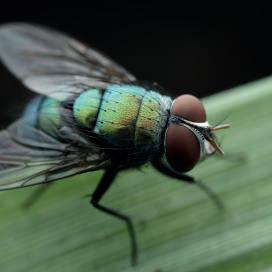
specifications
Scientific name: Lucilia sericata
Beneficial organism: Fly
Type: Natural pollinator
USPs:
• For protected crops producing a high amount of flowers and for crops grown under artificial light
• Enhanced activity due to extra sugar water and ventilation
• With UV Beevision print and blue Beehome door
• With insulation of brood
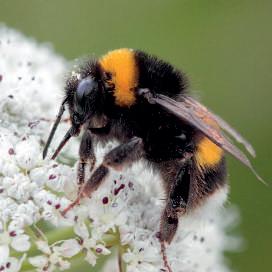
specifications
Scientific name: Bombus terrestris
Beneficial organism: Bumblebee
Type: Natural pollinator
USPs:
• For seed breeding, especially in small compartments
• Combining the advantages of worker and male pollination in a small and effective product
• Six hives on a tray for easy distribution of the hives

specifications
Scientific name: Bombus terrestris
Beneficial organism: Bumblebee
Type: Natural pollinator
USPs:
• For smaller surfaces, for instance tunnels
• With Beevision print
• With Beehome door
• With insulation of brood

specifications
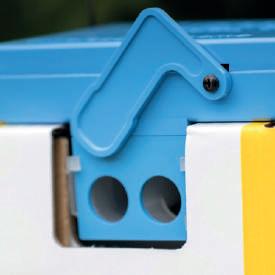
Scientific name: Bombus terrestris
Beneficial organism: Bumblebee
Type: Natural pollinator
USPs:
• For outdoor early blossoming crops
• With Beehome door
• Weather proof
• With extra insulation of brood
Product specifications
Type: Automated hive opening system
USPs:
• Facilitates the release of bumblebees only when light conditions are favourable, by timely opening and closing the hive entrance
• Can be controlled by timer or climate computer
• Long lasting batteries

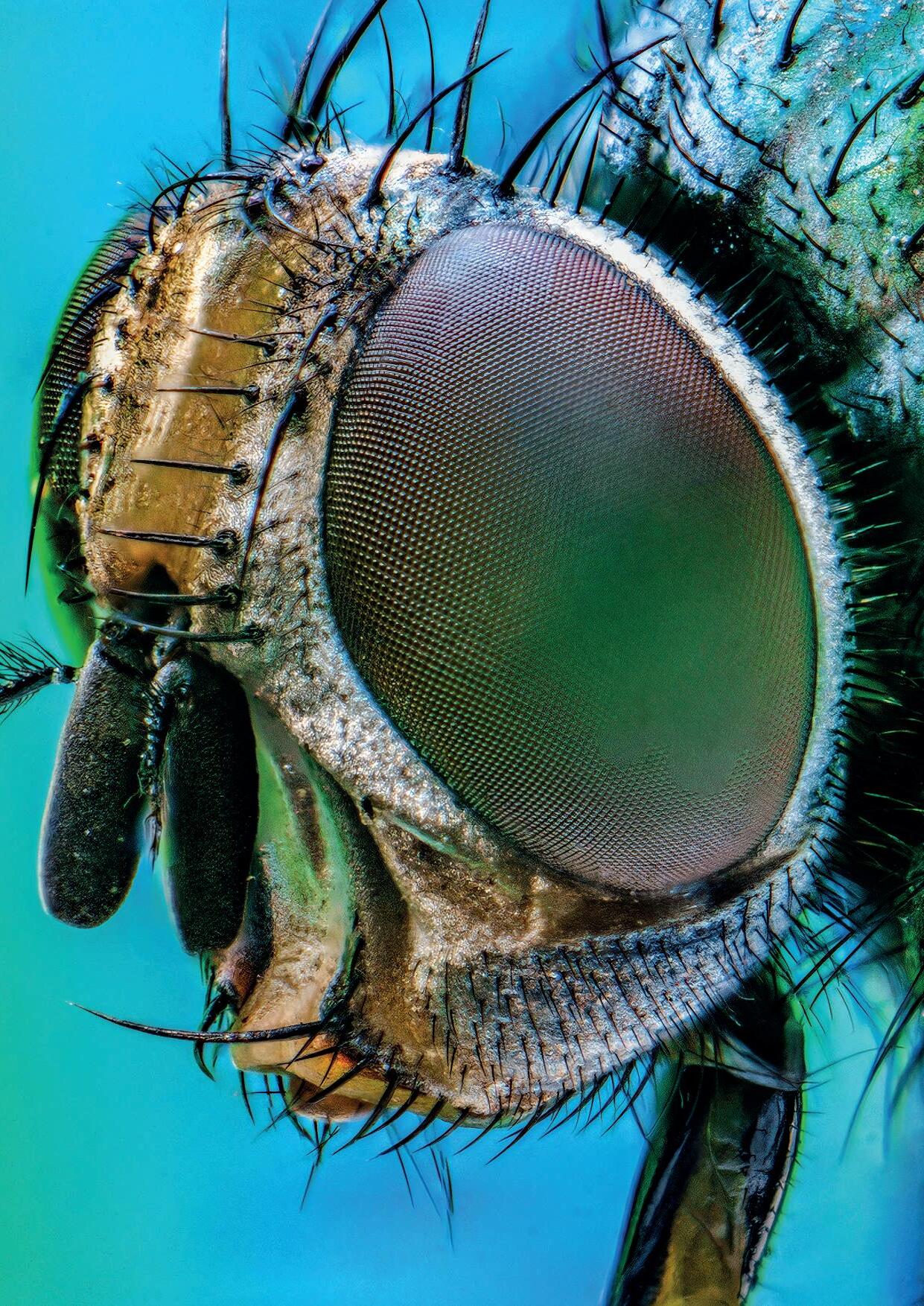



Product specifications
Type: Insect trap
USPs:
• For monitoring and trapping broad-bean weevil
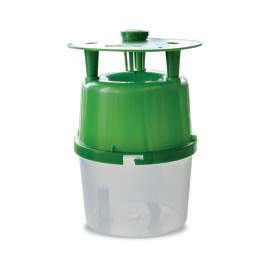
Product specifications
Active ingredient: Cydalima perspectalis pheromone
Type: Pheromone trap
USPs:
• For monitoring and trapping male box tree moths

Product specifications
Type: Pheromone trap
USPs:
• For monitoring and trapping male moths and mealybugs
• Use in combination with Pherodis dispensers
• Weather-proof plastic
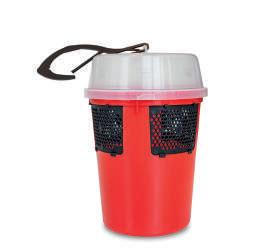
Product specifications
Type: Insect trap
USPs:
• For monitoring and trapping spotted wing drosophila

Product specifications
Active ingredient: Halyomorpha halys pheromone
Type: Pheromone trap
USPs:
• For monitoring and trapping males and females of Halyomorpha halys
• Especially for areas where high pest pressure is expected
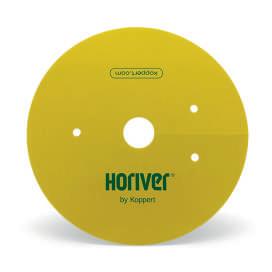
Product specifications
Type: Sticky trap with dry glue
USPs:
• For trapping root aphids and fungus gnats
• Disc for easy placing around plant stem on substrate block or pot
• With holes for drip irrigation

Product specifications
Type: Sticky trap with dry glue
USPs:
• For trapping and monitoring of different flying insects
• No staining of glue to crop or hands

Product specifications
Type: Sticky trap with wet glue for monitoring
USPs:
• For monitoring flying insects
• Especially for areas where high pest pressure is expected
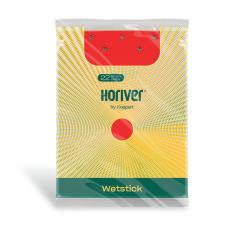
specifications
Type: Sticky trap with wet glue for monitoring
USPs:
• For and monitoring different flying insects
• With grid for easy counting (10x25cm)
• Cut-out for easy and quick application
• Corner cut for easy separation of cards (10x25cm)
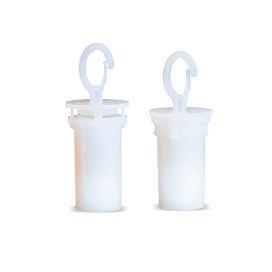
Product specifications
Type: Luring substance
USPs:
• Attractant for thrips
• For early detection of thrips
• For use with Horiver sticky traps
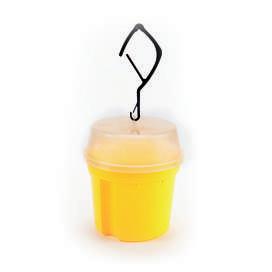
Product specifications
Active ingredient: Ceratitis capitata lure
Type: Insect trap
USPs:
• For monitoring and trapping male Mediterranean fruit fly

Product specifications
Type: Digital IPM management system
USPs:
• Cloud-based uniform registration tool for pest management
• Allows remote support
• Condition-based alerts
• High reliability
• Increased efficiency, saves time and costs
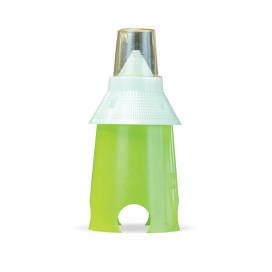
specifications
Active ingredient: Sitona lineatus pheromone Type: Pheromone trap
USPs:
• For monitoring and trapping male pea and bean weevils
• Assists in decisions on insecticide applications










Product specifications
Type: Luring substance
USPs:
• Species specific attractants for male moths, beetles, flies or mealybugs
• For early detection of pests
• For use with different kinds of traps
Product specifications
Active ingredient: Mixture of sugars, vinegar and soap
Type: Luring substance
USPs:
• Attractant for Drosophila suzukii
• For use with Drososan trap


specifications
Product: Type: Insect trap
USPs:
• For monitoring and trapping adult red palm weevils
• Effective, patented design
• No water or food baits required

specifications
Active ingredient: Mixture of sugars, vinegar and soap
Type: Tuta absoluta pheromone
USPs:
• For monitoring and trapping male Tuta absoluta
• Easy to handle
• Can catch high numbers of males

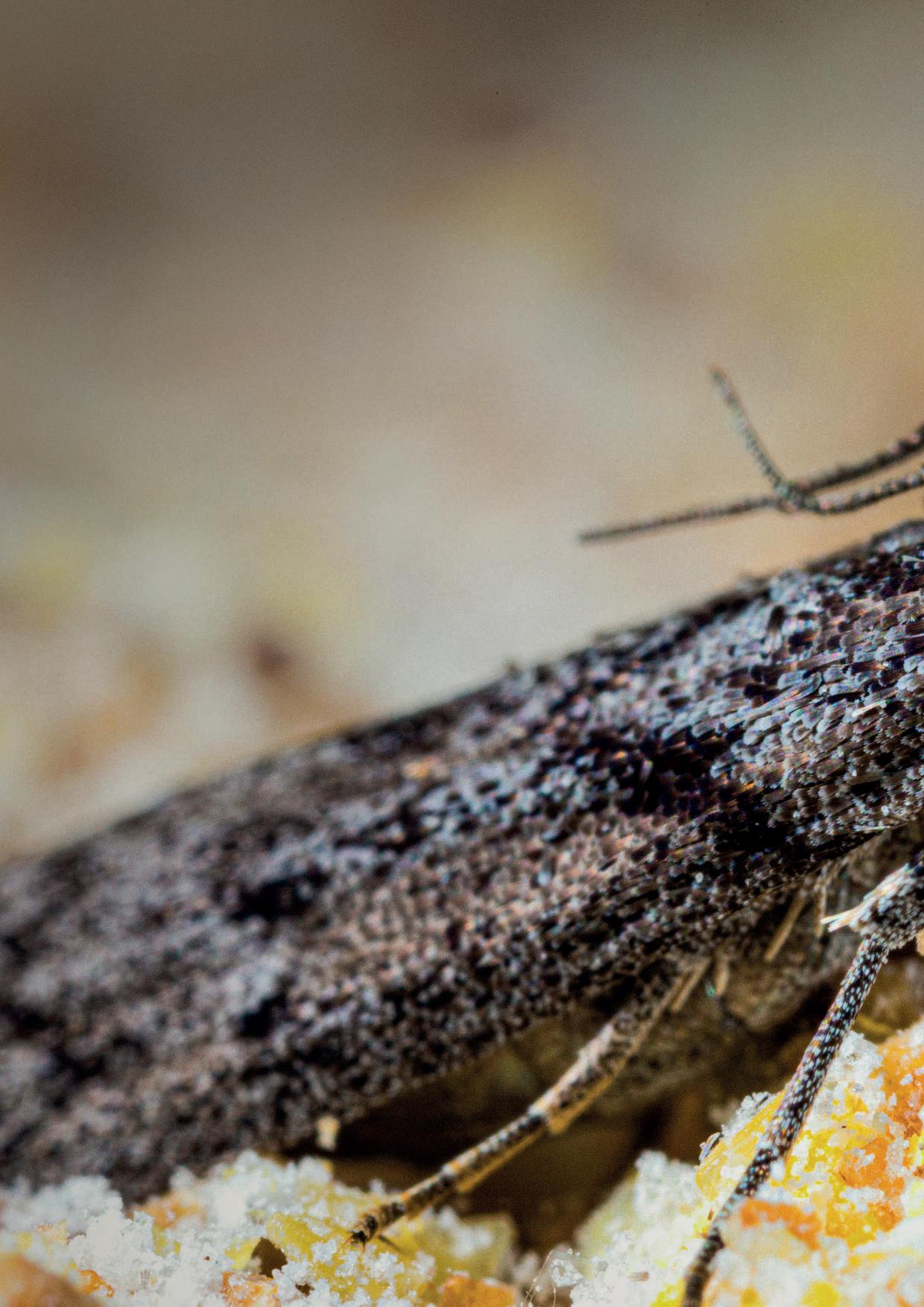
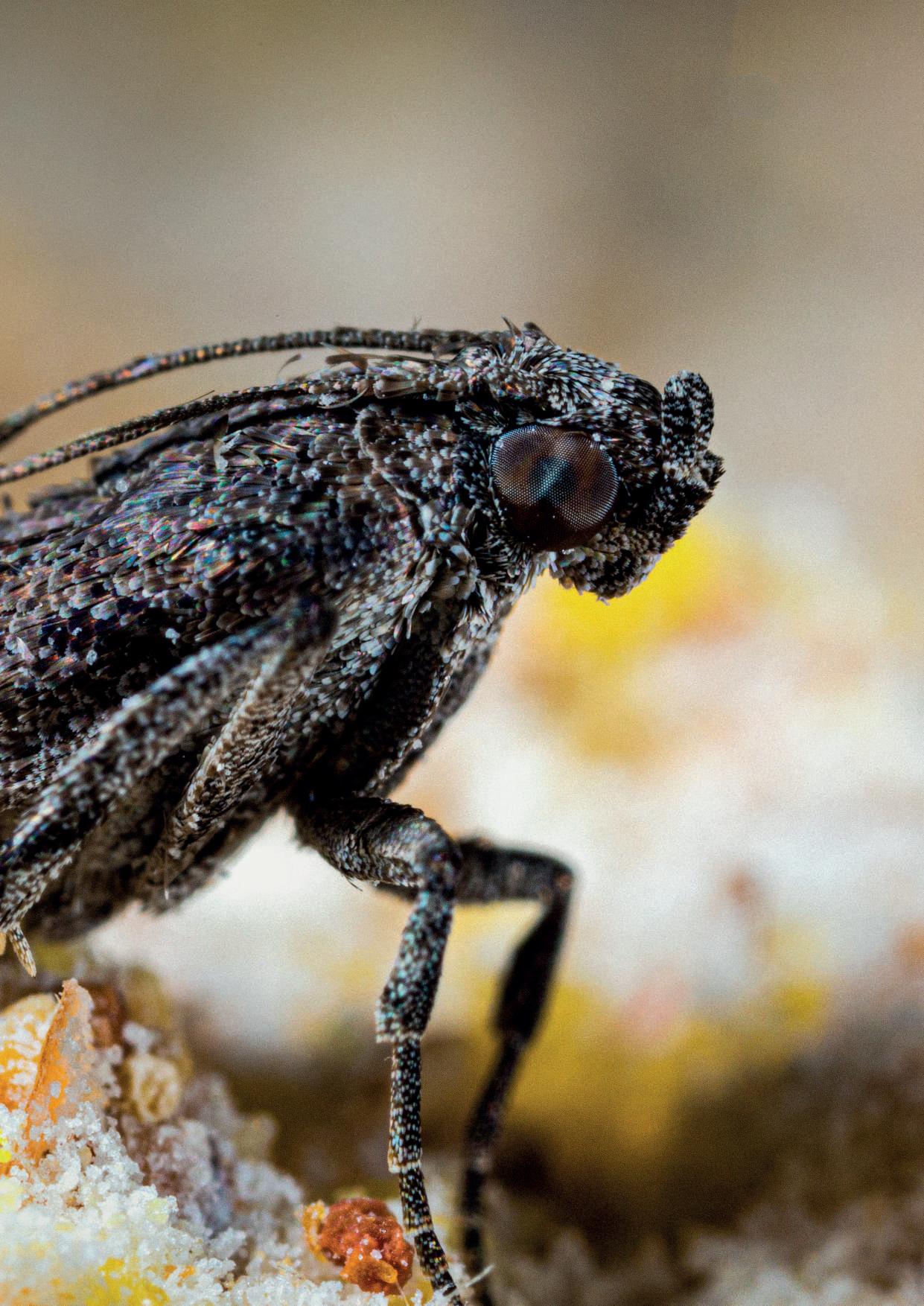
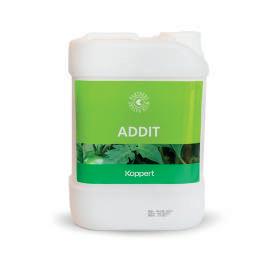
Product specifications
Active ingredient: Rapeseed triglycerides
Type: Wetting agent
USPs:
• Spreading and wetting agent
• Can be used in combination with Mycotal and entomopathogenic nematodes
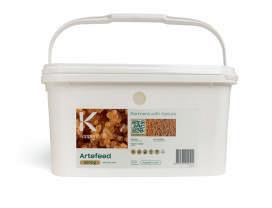
Product specifications
Scientific name: Artemia spp.
Active ingredient: Dead brine shrimp cyst
Type: Supplementary food
USPs:
• Alternative food for Macrolophus pygmaeus
• For maintenance of the population

Product specifications
Active ingredient: A solution of sucrose, dextrose and fructose
Type: Attractant
USPs:
• Insect attractant
• Improving thrips control when added to insecticides
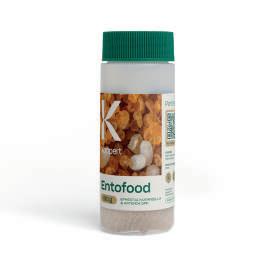
specifications
Scientific name: Ephestia kuehniella and Artemia spp.
Type: Supplementary food
USPs:
• Alternative food for Macrolophus pygmaeus
• For build-up and maintenance of the population
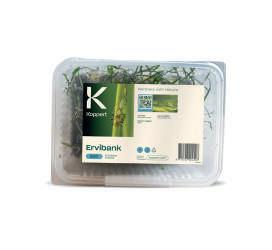
specifications
Type: Banker plant system
USPs:
• Alternative host for the aphid parasitic wasps Aphidius ervi and Aphelinus abdominalis
• For build-up and maintenance of the population
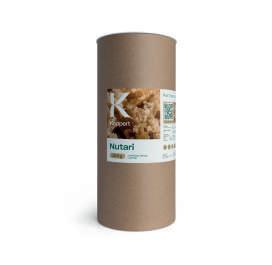
specifications
Scientific name: Carpoglyphus lactis
Type: Supplementary food
USPs:
Alternative food for predatory mites
For build-up and maintenance of the population

Scientific name: Carpoglyphus lactis and Artemia spp.
Type: Supplementary food
USPs:
• Alternative food for predatory mites
• For build-up and maintenance of the population

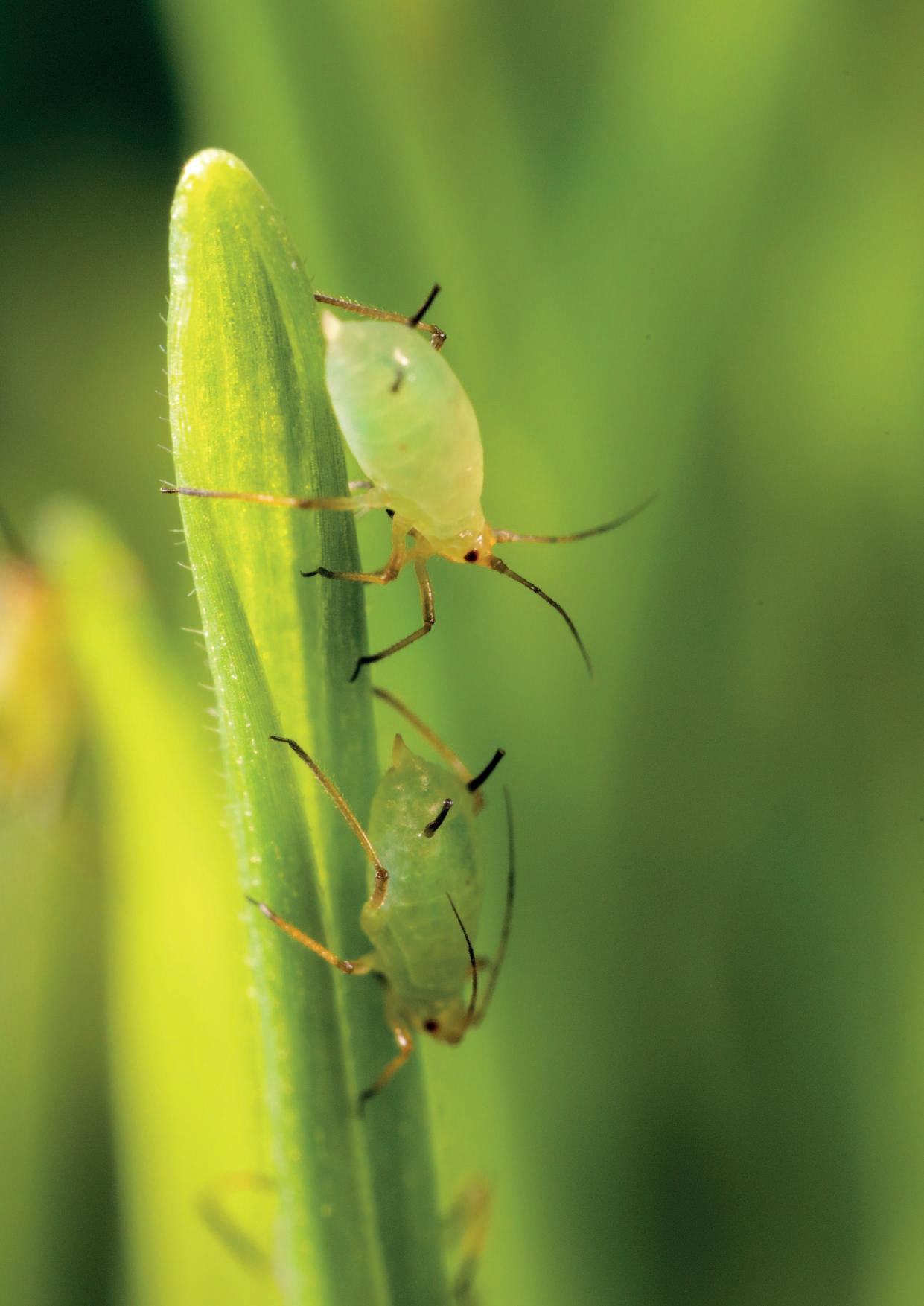





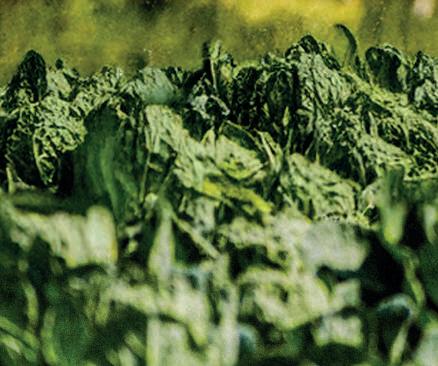


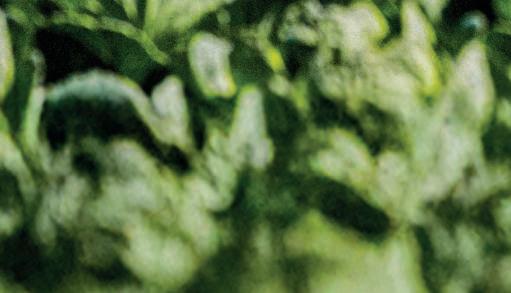



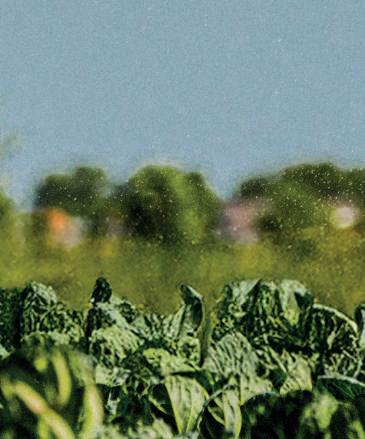
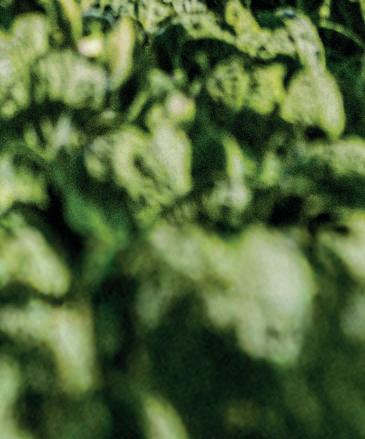


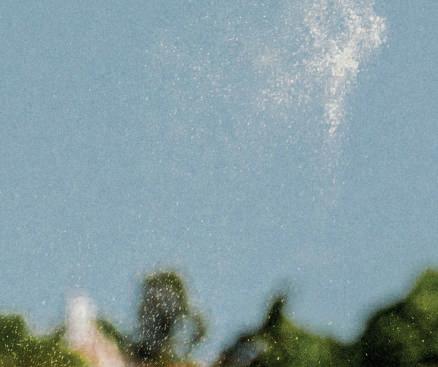






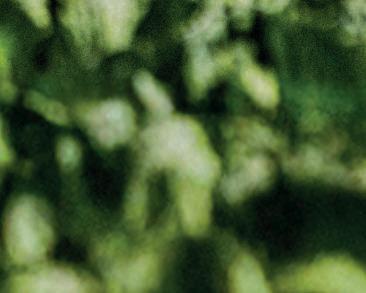


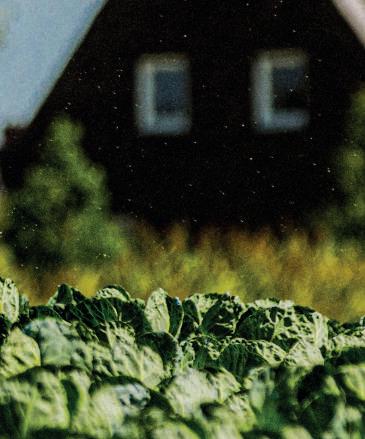
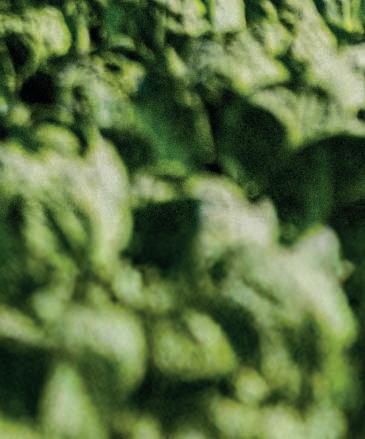
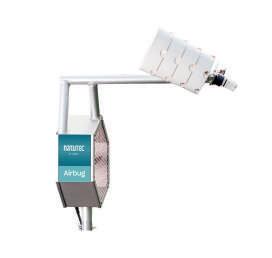
Type: Release system (hand-held)
USPs:
• Uniform distribution of natural enemies
• More efficient than manual application
• No impact on the quality of the natural enemies
• Different natural enemies can be applied in one operation
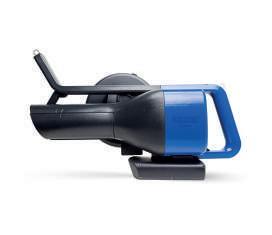
Type: Release system (hand-held)
USPs:
• Uniform distribution of natural enemies
• More efficient than manual application
• No impact on the quality of the natural enemies
• No loss of material
• Different natural enemies can be applied in one operation
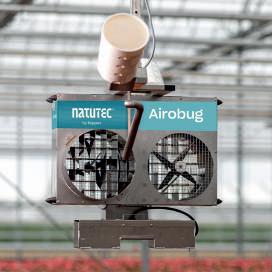
specifications
Type: Release system (Full-automatic)
USPs:
• Uniform distribution of natural enemies
• More efficient than manual application
• No impact on the quality of the natural enemies
• Different natural enemies can be applied in one operation
• Tailor-made to the specifications of the greenhouse
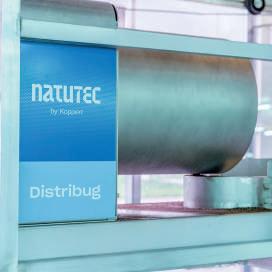
Type: Release system (Full-automatic)
USPs:
• Significant labour saving compared to manual application
• Different natural enemies can be applied in one operation, allowing uniform distribution of natural enemies
• Tailor-made for effective use with existing farm systems that do not impact the quality of the natural enemies

Type: Release system
USPs:
• Uniform distribution of natural enemies
• Significant labour saving compared to manual application
• No impact on the quality of the natural enemies
• Different natural enemies can be applied in one operation
• Tailor-made for effective use with existing farm systems
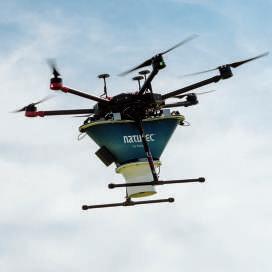
Type: Release system
USPs:
• Uniform distribution of natural enemies
• Significant labour saving compared to manual application
• No impact on the quality of the natural enemies
• Different natural enemies can be applied in one operation
• Ensures easy reach of every corner of the field
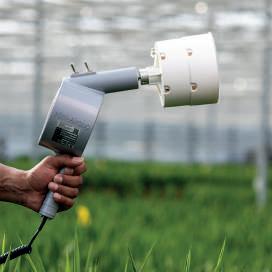
Type: Release system (hand-held)
USPs:
• Uniform distribution of natural enemies
• More efficient than manual application
• No impact on the quality of the natural enemies
• Different natural enemies can be applied in one operation
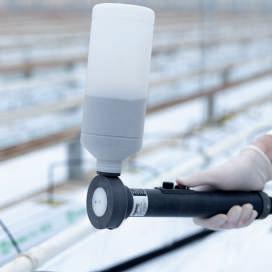
Type: Dosage tool
USPs:
• Uniform and accurate application of Trianum-G
• More efficient than manual application
• No impact on the quality of the product
• Easy to use
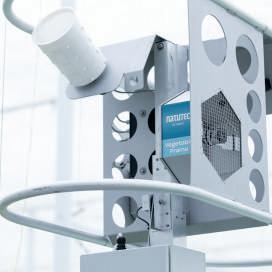
Type: Release system (Full-automatic)
USPs:
• Uniform and efficient distribution of natural enemies and no impact on the quality of natural enemies



• Different natural enemies can be applied in one operation and more efficient than manual application
• Tailor-made to the specifications of the greenhouse


